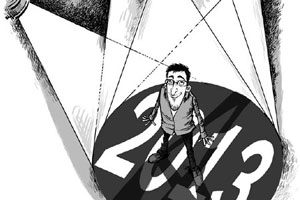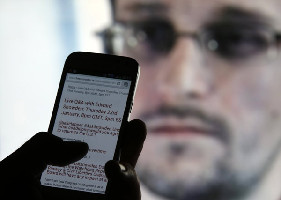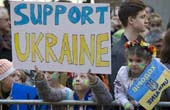Post, Guardian win Pulitzers for NSA revelations
(Agencies) Updated: 2014-04-15 07:33
Snowden's supporters have likened his disclosures to the release of the Pentagon Papers, the secret Vietnam War history whose publication by The New York Times in 1971 won the newspaper a Pulitzer. His critics have branded him a traitor to the US.
"To be rewarding illegal conduct, to be enabling a traitor like Snowden, to me is not something that should be rewarded with a Pulitzer Prize," said Rep. Peter King, R-New York. "Snowden has violated his oath. He has put American lives at risk."
At The Boston Globe, the newsroom was closed off to outsiders, and staff members marked the announcement of the breaking-news award _ coming just a day before the anniversary of the bombing _ with a moment of silence for the victims.
"There's nobody in this room who wanted to cover this story. Each and every one of us hopes that nothing like it ever happens again on our watch," Globe Editor Brian McGrory told the newsroom.
The bombing last April 15 that killed three people and wounded more than 260 also led to a Pulitzer in the feature photography category for Josh Haner of The New York Times, for his photo essay on a blast victim who lost his legs.
The Times also won in the breaking-news photography category, for Tyler Hicks' coverage of the Westgate mall terrorist attack in Kenya.
The Washington Post won a second Pulitzer in the explanatory reporting category, for Eli Saslow's look at food stamps in America.
The Pulitzers are given out each year by Columbia University on the recommendation of a board of distinguished journalists and others.
The two winners of the public service award will receive gold medals. The other awards carry a $10,000 prize.
The Center for Public Integrity's Chris Hamby won for investigative reporting for detailing how lawyers and doctors rigged a system to deny benefits to coal miners suffering from black lung disease.
The prize for national reporting went to David Philipps of The Gazette of Colorado Springs, Colorado, for an investigation that found that the Army has discharged escalating numbers of traumatized combat veterans who commit crimes at home.
|
 |
 |











